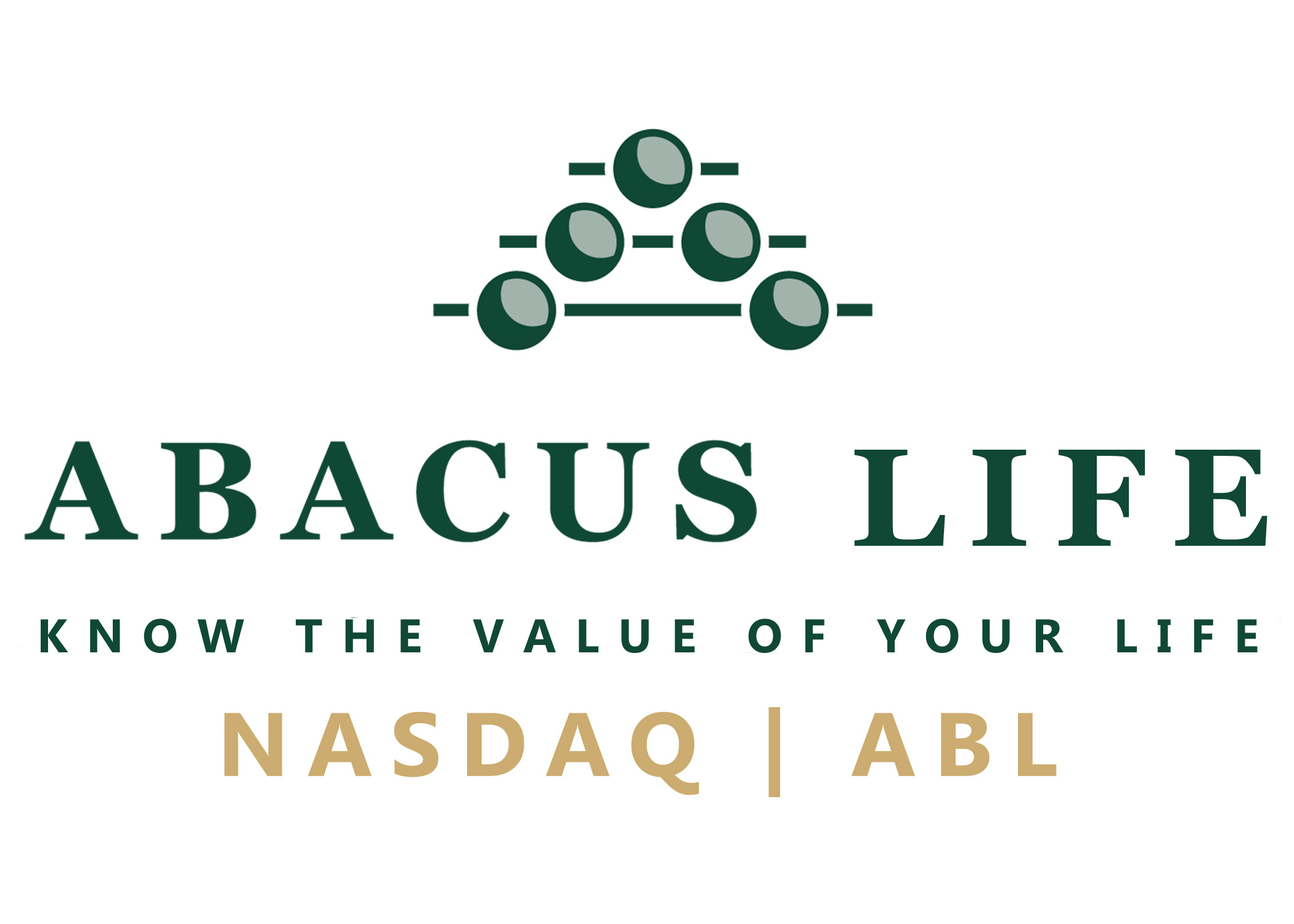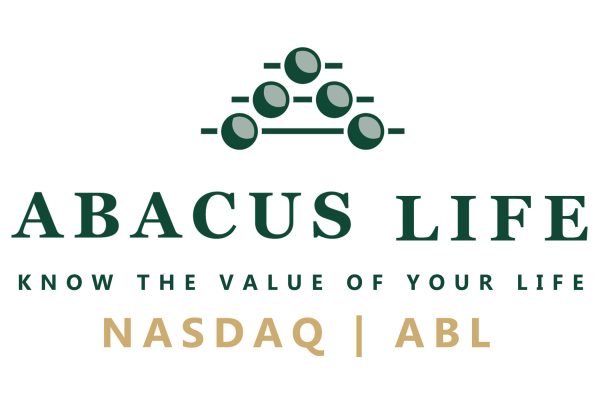What is a settlement?
A life settlement is defined as the sale of an existing life insurance policy for more than its cash surrender value, but less than its net death benefit. Once the sale is complete, ownership of the policy is transferred to a third party intermediary (Abacus) who is responsible for all future premium payments and will collect the death benefit when the policy matures.
What is HR Bill 7203?
HR bill 7203 was introduced into Congress earlier this week and could help bolster sales of life insurance by allowing policyholders to use funds from a life settlement to fund long-term care expenses.
In a life insurance policy sale, the policy owner is taxed on the premium paid. This new law would allow a policy sale to occur tax-free, and then allow the policyholder to place the proceeds into a newly created long-term care account that would be tax-exempt as long as the account was used for paying for long-term care. Tax-free distributions could be made from the accounts to pay for “qualified long-term care services” as well as “premiums for a qualified long-term care insurance contract,” for both the beneficiary and the beneficiary’s spouse, and after the death of the account beneficiary, the account would revert to the spouse.
The new accounts would be held by a bank, an insurance company, or “another person who demonstrates to the satisfaction of the secretary that the manner in which such person will administer the trust will be consistent with the requirements of this section.”
Can I spend it on anything I want?
Any amount that was not used for long-term care would be subject to a 20% surcharge, with the exception of where the beneficiary dies or becomes terminally or chronically ill under current law.
The proposal expands the tax advantages of a life settlement and could rapidly stimulate demand for life settlements as people search for financing options that aren’t easily taxed and have the potential to finance end of life care, retirement, and medical needs.



